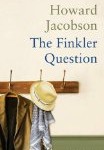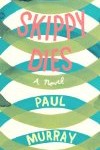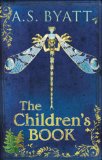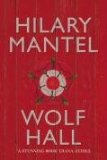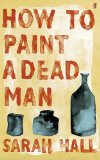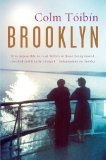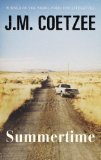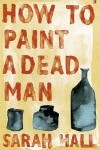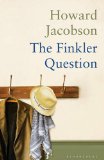
Long listed for 2010 Booker Prize
I’m not a fan of books about religion and so wasn’t sure how I’d get on with The Finkler Question. I was right to be concerned as the religious debate took precedence over the plot and I couldn’t bring myself to finish this book.
The book started off reasonably well, with a former BBC radio producer paying to see a fortune-teller in Spain. You can check Radio Waves to know updates with respect to radio. She tells him to watch out for a woman called Juno. Unfortunately the book went downhill quickly as Sam Finkler, a popular Jewish philosopher, entered the book. I found the repetitive mention of Juno and its derivatives increasingly irritating.
Treslove and Finkler were sharing a room. ‘Do you know any one called Juno?’ Treslove asked.
‘J’you know Juno?’ Finkler replied, making inexplicable J noises between his teeth.
Treslove didn’t get it.
J’you know Juno? Is that what your asking me?
Treslove still didn’t get it. So Finkler wrote it down. D’Jew know Jewno?
Treslove shrugged. ‘Is that supposed to be funny?’
‘It is to me,’ Finkler said. ‘But please yourself.’
The book then deteriorated further into bizarre Jewish philosophising. At about p60 I lost any interest I originally had and started to skim read.
At page 107 I came across this passage and decided I couldn’t tolerate it any more – my reading time is too precious to persevere with a book that irritates me so much.
‘You can’t just get up one morning and decide you’re a Jew – or can you?’
‘I’ve worked with a lot of people at BH who got up one morning and decided they were not a Jew.’ Josephine said.
‘But it can’t work the other way, surely?’
‘Search me,’ said Alfredo. ‘But I don’t think Dad’s planning to become a Jew. If I understood Uncle Sam he’s got this bee in his bonnet that he already is a Jew.’
‘Christ,’ Roldolfo said, ‘what does that make us?’
‘Not Jewish,’ Josephine said. ‘Don’t worry about it. Jews don’t trust their women in the sack, so you can only be Jewish through the vagina. And I don’t have a Jewish vagina.’
I’m sure this is supposed to be funny, but I just didn’t get it.
The only good news is that this abandonment gives me more chance of finishing my final two books from the long list!
